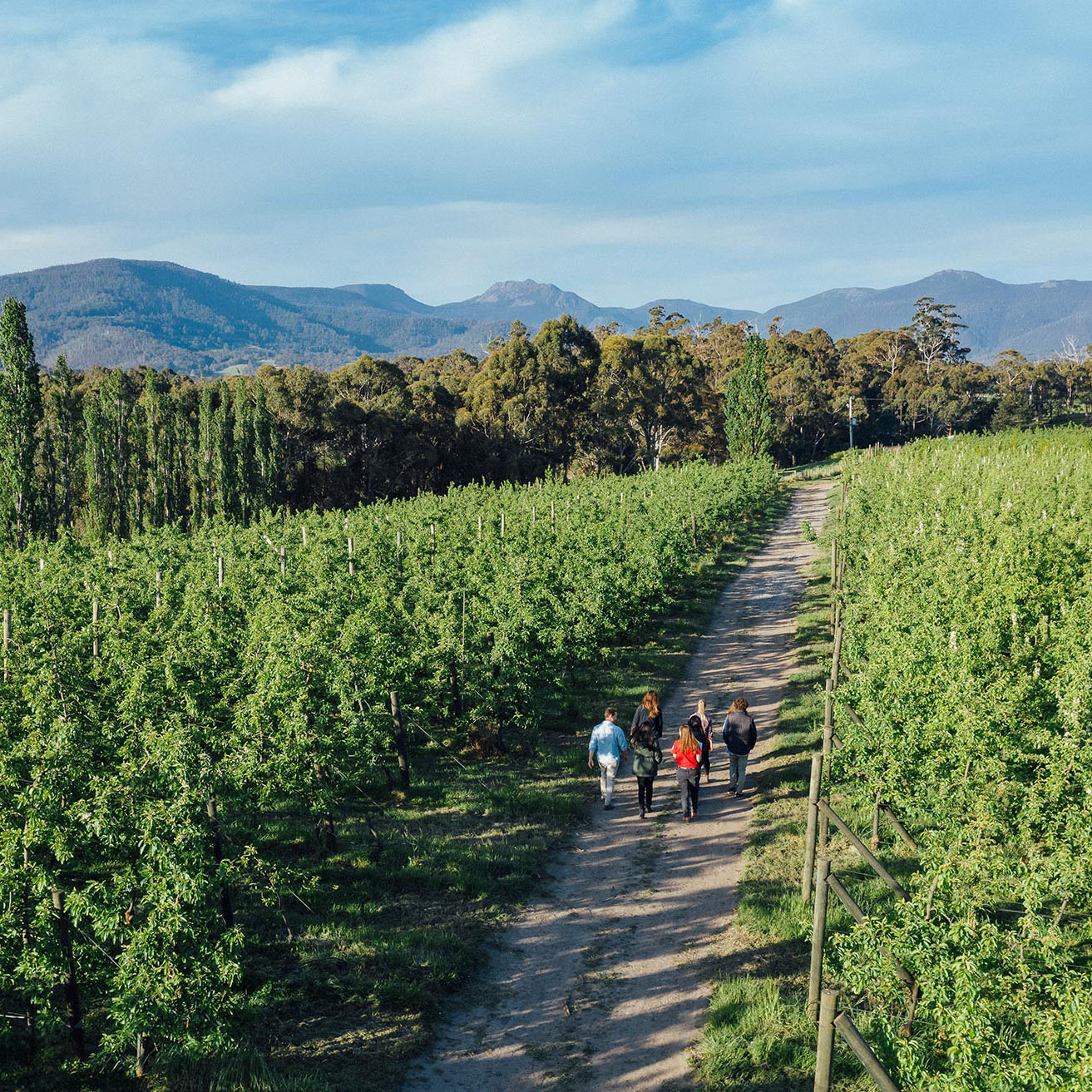Explore our courses
Bachelor of Nutrition Science
3 years full-time, up to 7 years part-time
Launceston
3 years full-time
Launceston
CRICOS 098361J
Fully supported placements
Be mentored by experienced managers and nutrition science experts during your placement, allowing you to put your technical and soft-skills into practice
Join our supportive community
Belong to a close community of like minded individuals, and passionate teaching staff, who will guide you throughout your studies
Help make a difference
Improve the wellbeing of your community, while developing in-demand skills and knowledge
Develop the skills to provide evidence-based recommendations and improve health outcomes
You’ll learn from experienced NGO and industry partners, including Neighbourhood Houses Tasmania, TasCOSS, Tasmanian School Canteens Association, and more. To make sure you graduate job-ready, you'll undertake a minimum of 80 hours professional experience placement as part of a team with our industry partners.
In addition to core learning in topics including human anatomy and physiology, and nutritional lifecycle and assessment, you can select from one (or both) of our specialist majors to customise your knowledge towards your career of choice.
Study options in this degree
During your studies, you’ll choose an area that interests you, and then study a group of units related to that area. That group of units is called a major, and is an area of focus in your degree. Find out more at What is a Major?
If you are interested in working with individuals or larger populations, this major will help you understand why and how the foods we eat impact on our health and wellbeing.
Along with foundation nutrition science units, this major prepares you to understand the reasons why many health conditions have poor eating practices at their core, and provides an evidence-base for selecting a healthy diet for preventing chronic disease.
This major will allow you to study units which align to the general prerequisite requirements for applying to postgraduate courses including a Master of Dietetics, or a Master of Nutrition and Dietetics, in Australia. Please refer to the individual course entry requirements for specific information.
This major focuses on learning the practical skills used in the prevention of diet-related chronic diseases and the promotion of optimal nutrition and health in communities and populations.
You will learn skills to plan and evaluate public health interventions, and create community-based, sustainable, healthy, and equitable food systems.
Along with studying foundation nutrition science units, this major will prepare you to develop localised food solutions that address the specific needs of local communities, in collaboration with key community stakeholders. You will also learn the principles of social justice and community development, so you can become an advocate for food systems and food security, supporting vulnerable and disadvantaged communities.
This major provides a pathway to the Master of Public Health at the University of Tasmania, and a career in public health and health advocacy, working with government, non-government organisations, industry, and community groups.
Further study options
This course will help you meet the prerequisite requirement of postgraduate courses such as a Master of Dietetics, Master of Nutrition and Dietetics, and a Master of Public Health.
The Public Health Nutrition study option provides a pathway for postgraduate study, please visit Public Health for further information.
Find out more about what you'll study, entry requirements, fees and scholarships - and to apply.
Career opportunities
On graduation you’ll be ready to undertake an exciting career in the health sector. Your career could range from working alongside professional athletes and providing training and programs, to delivering health and well-being initiatives within the community.
You'll be well prepared for careers requiring knowledge of nutrition and health, such as health education and counselling, community engagement and development, health service planning , food policy and regulation, and many more areas.
The Bachelor of Nutrition Science is also a pathway into postgraduate studies for Dietetics, Public Health and Functional Foods.
Nutrition Science skills are in high demand. Here are some of the careers projected to grow into 2025.^
10.4%
Nutrition
Professionals
Predicted job growth to 2025
Strong
Weight Loss Consultant:
Future Demand
National Skills Commission -
2021 Skills Priority List (June 2021)
Moderate
Dietitian:
Future Demand
National Skills Commission -
2021 Skills Priority List (June 2021)
^ National Skills Commission five year projections from November 2020 to November 2025.
